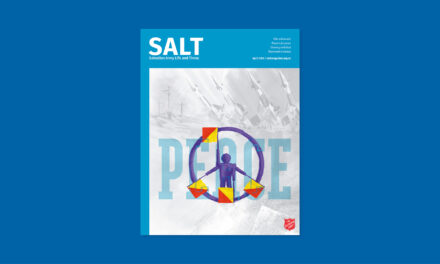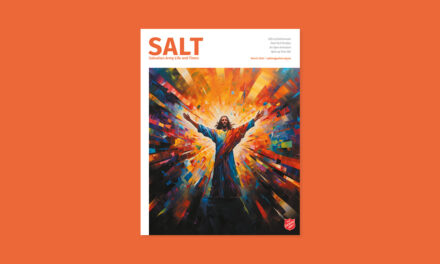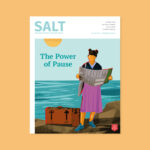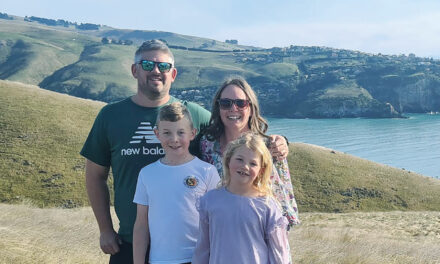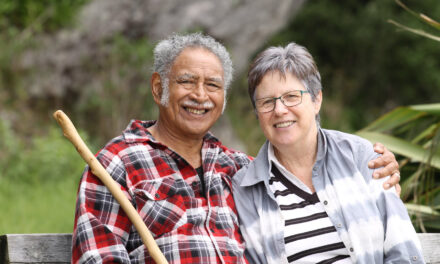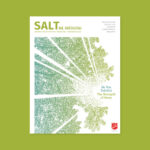
A Willing Helping Hand
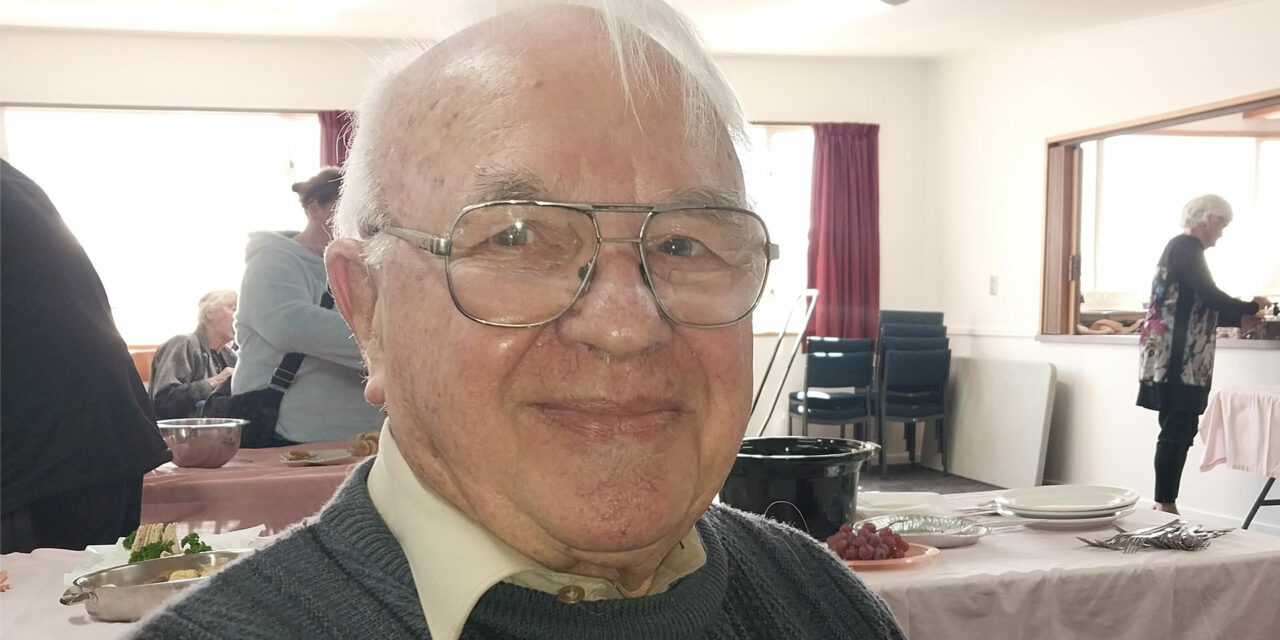
Eric O’Brien is a soldier at Ōamaru Corps which he has attended for many years. He shares how helping people in their time of need has been the guiding philosophy of his life.
I’m from a family of eight, and our mother made sure we went to Sunday school every week. I became a member of the Sunday school and Bible class, and I also later became a deacon in the Presbyterian Church.
My mother used to tell us Bible stories when we were young. But something I had trouble grasping when I was younger was how Jesus came into this world to help us understand what God is all about, yet God let him die on the cross. Why did God have to let Jesus die on the cross? Couldn’t he have done something different? But then, at a meeting at The Salvation Army, a young person said in the most basic way that God showed how much he loved us by letting his own Son die on our behalf. It was then that the penny dropped. He called it a ‘transaction’, that God allowed it so Jesus could save us. He took our place. Then I realised why it had to happen, which makes it such a remarkable story.
I realised from an early age that it was God who created the world and everything in it—friends and relations and everybody else. God has put us here to enjoy other people and help other people—so that’s the philosophy of my life.
Searching for a church
When my wife and I married, I got a job down in Gore. We were there for seven years, and then we shifted back to Ōamaru. We didn’t have a house to live in permanently; we were just renting. Our kids were small and we had a boy and a girl. We tried a few different churches because we didn’t know where we were going to live. We went to The Salvation Army one Sunday, and as was our practice over lunch, we asked the kids: ‘How did you like that church?’ and they said, ‘Oh, yes, we liked that one. We’ll go back there.’ So, we just started going there and eventually became soldiers.
My wife and I were running the youth group for nearly 25 years. We had about 30 teenagers in our youth group and that was pretty full on because you had to keep an interesting programme for them. I’ve had other roles. I was a team leader who ran the emergency caravan, providing meals for people in emergency situations like fires and floods and feeding the personnel who were on the ground. You never knew when the alarm was going to go off, and sometimes you had to get out of bed.
I was in the rescue squad as a first responder at the local freezing works where I had worked for over 25 years. People used to ask me what glory did I get out of doing that kind of work. I think it was the same as being in the emergency caravan or with the youth group. It’s not the glory you get out of it. It’s how you can help other people. You get satisfaction out of knowing you’ve done something for someone else in their time of need. It’s always about helping other people.
In times of need
After the 2011 earthquake, I went up to Christchurch to join a team that visited every house in Christchurch for a welfare check. There was a person from The Salvation Army, a building inspector and a social worker in each team. I think there were over 300 of us altogether and we visited every house in Christchurch. Some people didn’t want to contact a counsellor or anybody like that. So there were people who slipped through the gaps, and we wanted to make sure that everybody had been visited and had contact. That was quite an amazing experience.
I also went to Samoa after they had the tsunami and helped to build houses, fales as they call them over there. There was a team of about 12 that went over, and they set up a workshop and got things started. We had a programme of building the fales up there and along the east coast. Again, that was the most amazing experience. The thing that stuck in my mind was how the Samoan people appreciated what you were doing for them, and they couldn’t do enough for you. They just looked after you like you were family.
Being called to help
I’m not a great academic. I’ll never make a politician or anything like that. I was a plumber by trade. I’ve had my plumbing certificate for over 50 years. I met a lot of people in the community and all around the place. That’s something that worked in with my philosophy, because when you’re a plumber you only get called when you’ve got to help someone. You go to people’s homes and it’s flooded out, or the ceiling has caved in because the tank upstairs broke or something like that. You’re helping people in their time of need.
We had a major church rebuild and the corps had quite a few tradesmen at the time. We’d do our day’s work and then go down and put in three or four hours of an evening. I found that if you went down to the hall one or two nights a week and worked there, it got to the stage where you didn’t feel tired. We were just about doubling our work week yet I still didn’t feel tired. No one ever complained that they were getting worn out or anything. It was so motivating, and we seemed to have that much more energy. God must have put the vitality in us or something.
Hearing the knock
Last Sunday we were having a few one-minute sermons. When I spoke, I mentioned that Jesus said, ‘Here I am! I stand at the door and knock. If anyone hears my voice and opens the door, I will come in and eat with that person, and they with me’ (Revelation 3:20). I said quite often people hear the knock, but they don’t do anything about it. They miss an opportunity, because one of the easiest ways to get to know a person is to sit down and have a meal with them. Because all you’re doing is sitting down, and eating is not hard work, so it gives you plenty of time to have a one-on-one talk with that person.
Many people want to just look after themselves first, but if we can’t give back to other people, we can become too inward looking. When I look around, I see the number of people who could just do with a bit of a hand. They may need help in their garden, or they might not be able to drive so you can take them somewhere. There are always people who can do with help. If I’m in a position where I can help someone, well, why shouldn’t I?

